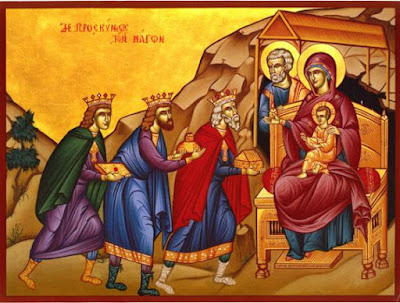“Cesare Baronio” ha molto cortesemente replicato giovedí scorso (qui) alla mia risposta (qui) alla sua “Lettera ad un sacerdote” (qui). Sono grato a Monsignore sia per il tono, molto cordiale, usato, sia, soprattutto, per il contenuto, che costituisce una testimonianza personale per me assai preziosa. Baronio ci porta a conoscenza dello stato d’animo e delle attese che molti avevano alla vigilia e durante lo svolgimento del Vaticano II. È interessante sapere come fu vissuto quel momento tanto importante nella storia della Chiesa:
Nessuno, a quell’epoca, che non fosse parte attiva della congiura, poteva realmente aver la percezione della minaccia che avrebbe potuto rappresentare la convocazione di un Concilio. Anzi: tutti nutrivamo la speranza piú che legittima — ovvia, direi — che esso avrebbe segnato un momento di slancio apostolico.


















